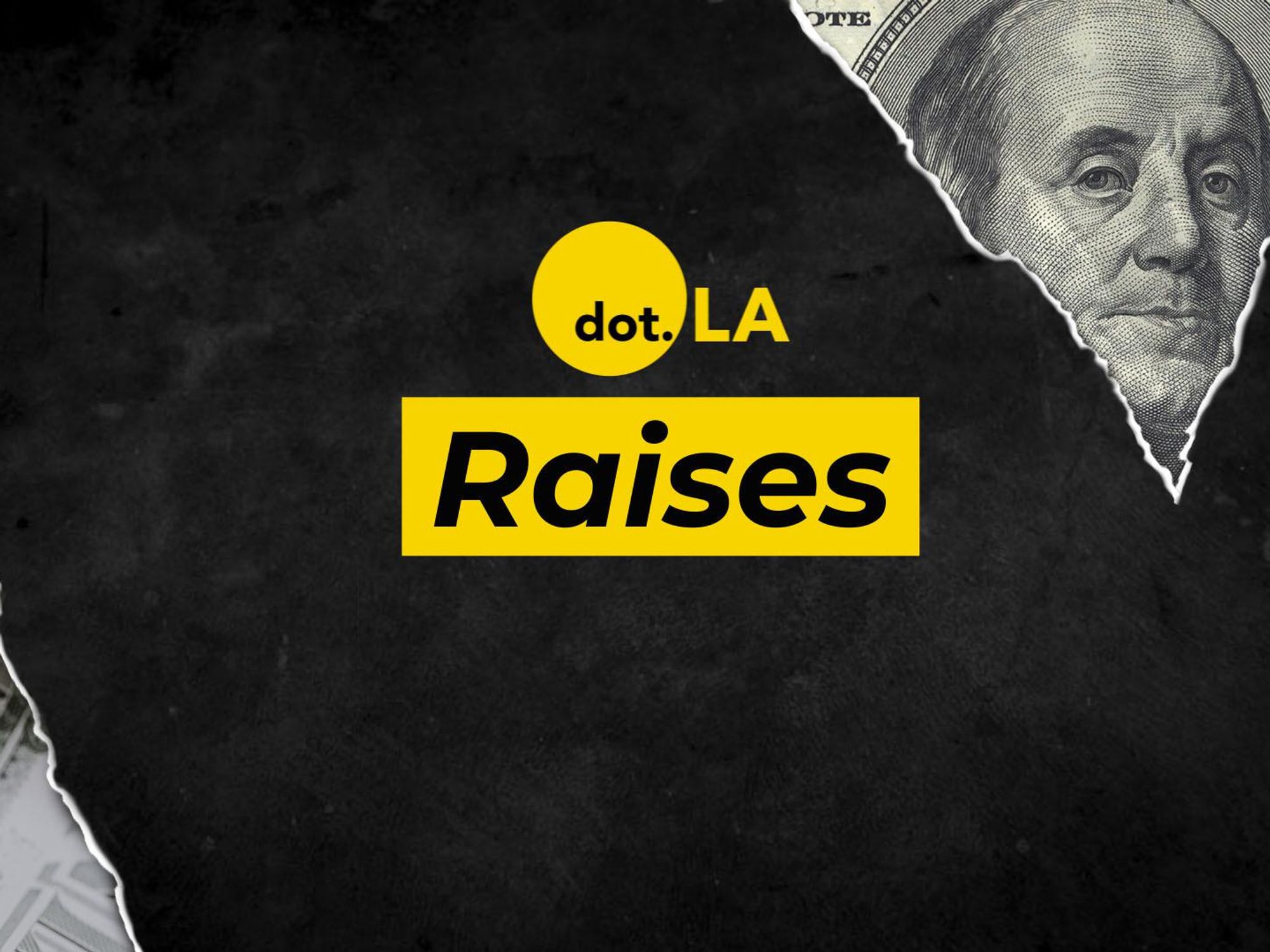‘Raises’: Divergent Lands $160M, Coral Tree Closes $470M Fund
Decerry Donato is a reporter at dot.LA. Prior to that, she was an editorial fellow at the company. Decerry received her bachelor's degree in literary journalism from the University of California, Irvine. She continues to write stories to inform the community about issues or events that take place in the L.A. area. On the weekends, she can be found hiking in the Angeles National forest or sifting through racks at your local thrift store.

This week in “Raises,” a Torrance-based 3D-printing startup looking to disrupt the auto industry secured $160 million in fresh funding. Meanwhile, an L.A. investment firm seals close to half a billion dollars for its first fund.
***
Venture Capital
Divergent Technologies, a 3D-printing automotive manufacturing company, raised a $160 million Series C round from investors including John L. Thornton, Tom Steyer and Hedosophia.
Men's apparel brand Johnnie-O received a $108 million investment from Ares Management and Wasatch Global Investors.
Kevin Hart's media and entertainment company HARTBEAT launched with a $100 million investment from Abry Partners.
Concert Health, a behavioral health medical group focused on treating depression and anxiety, raised a $42 million Series B round led by Define Ventures.
Estate and wealth management platform Vanilla raised a $30 million Series B round led by Insight Partners.
South 8 Technologies, a developer of electrolyte formulations for lithium-ion batteries, raised a $12 million Series A round led by Anzu Partners.
Creator-focused blockchain startup Our Happy Company, co-founded by musician John Legend, raised $7.5 million in seed funding led by Infinity Ventures Crypto and Animoca Brands.
Text-to-pay technology startup Authvia raised a $7 million Series A round led by Red Door Capital Partners.
NFT-minting protocol company CXIP Labs raised a $6.5 million seed round co-led by Courtside Ventures and Wave Financial.
Amydis, a pharmaceutical company focused on developing innovative chemistry to detect diseases, raised $5.7 million in equity, per an SEC filing.
Health care tech startup Notisphere raised $3.6 million in seed funding led by Royal Street Ventures.
Spirits startup AMASS Brands raised $3.4 million in new equity, per an SEC filing.
Cartwheel, an on-demand delivery management platform for restaurants, raised $3 million in seed funding led by Moonshots Capital.
Latino-focused fandom platform CABRA Sports raised a $2.5 million pre-seed round led by VamosVentures.
Ruth Health, a telehealth startup focused on prenatal and postpartum care, raised $2.4 million in seed funding led by Giant Ventures.
Funds
Coral Tree Partners, a private investment firm focused on the media, entertainment, communications and marketing industries, raised $470 million for its first fund.
Raises is dot.LA’s weekly feature highlighting venture capital funding news across Southern California’s tech and startup ecosystem. Please send fundraising news to Decerry Donato (decerrydonato@dot.la).
- Vaunt, co-founded by Roger Mason Jr., Raises $5 Million - dot.LA ›
- Ruth Health Raises $2.4M For Post-Pregnancy Telehealth - dot.LA ›
- Johnnie-O Apparel Brand Gets $108M Investment - dot.LA ›
- Divergent Technologies - dot.LA ›
- Divergent Technologies Raises $160M To 3D-Print Car Parts - dot.LA ›
- Miku Lands $20M, Fair Square Secures $15M - dot.LA ›
- Battle Motors Grabs $150M, PowerPlant Ventures Land $330M - dot.LA ›
- Acelyrin Lands $300M, Ares Management Secures $3.7B - dot.LA ›
Decerry Donato is a reporter at dot.LA. Prior to that, she was an editorial fellow at the company. Decerry received her bachelor's degree in literary journalism from the University of California, Irvine. She continues to write stories to inform the community about issues or events that take place in the L.A. area. On the weekends, she can be found hiking in the Angeles National forest or sifting through racks at your local thrift store.




 Image Source: JetZero
Image Source: JetZero